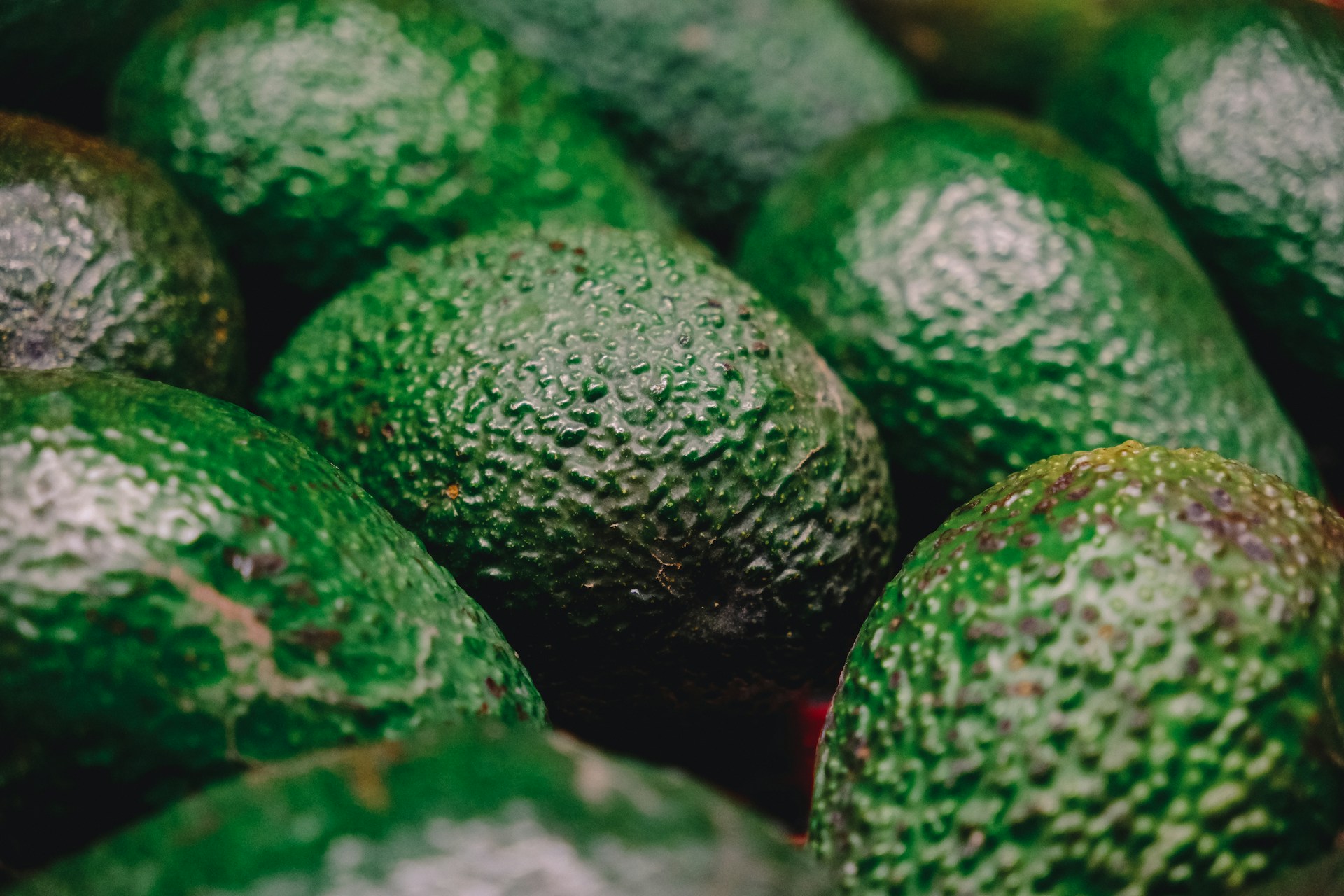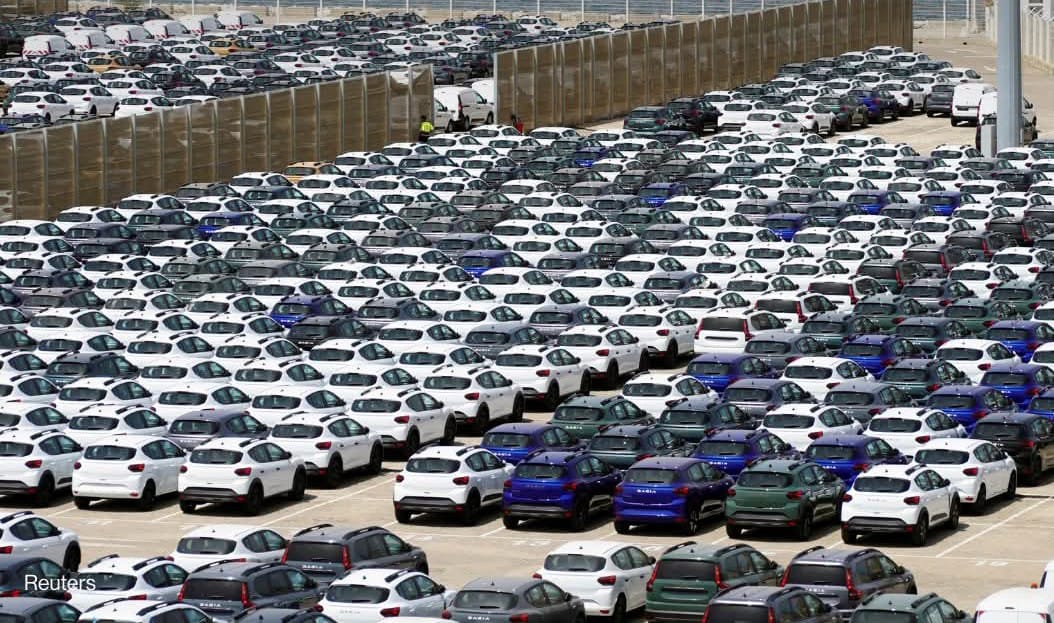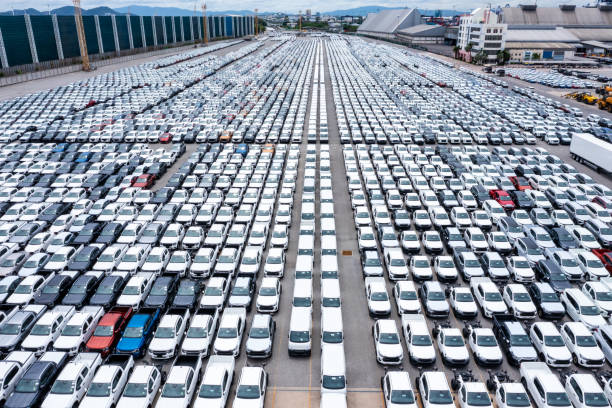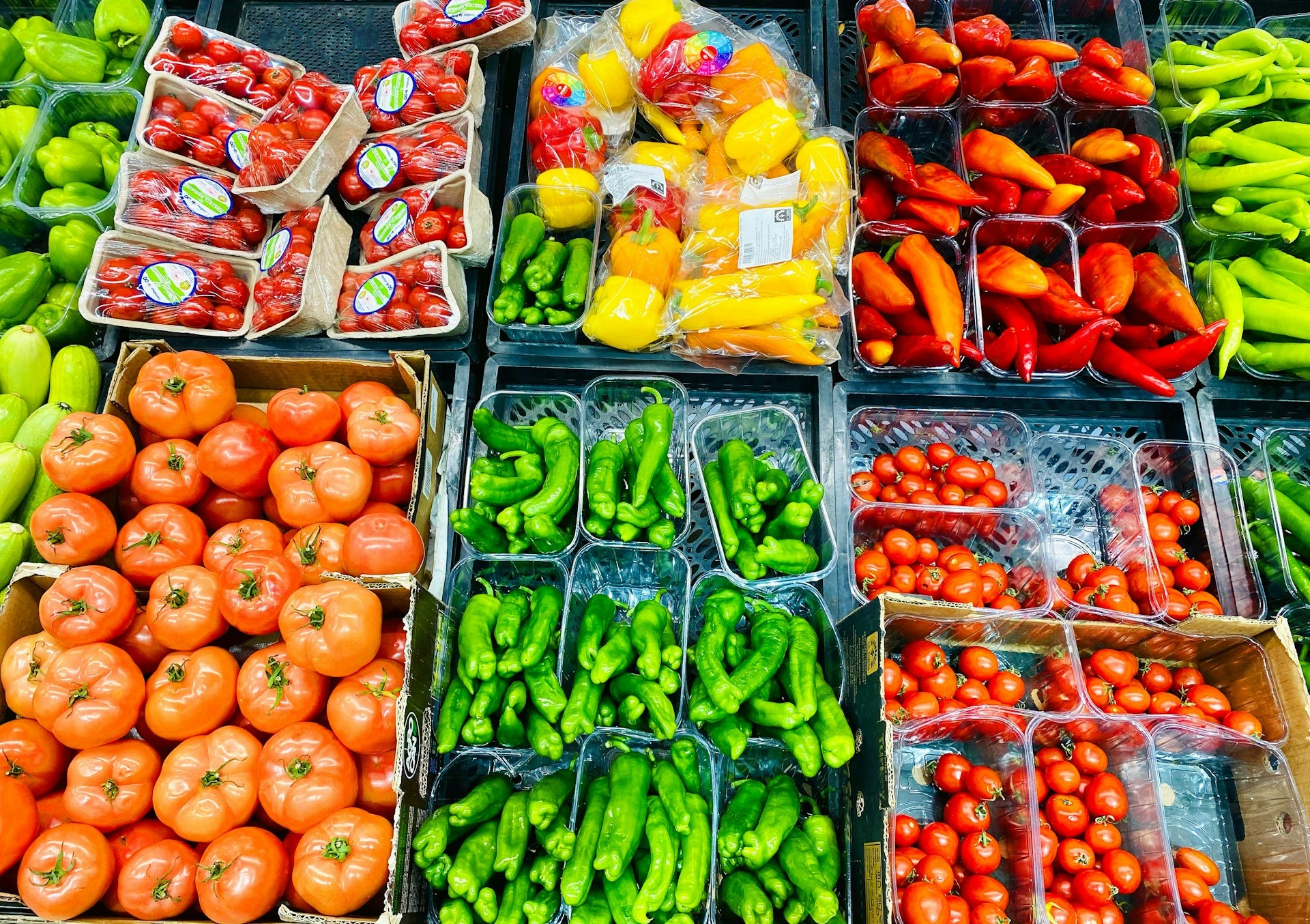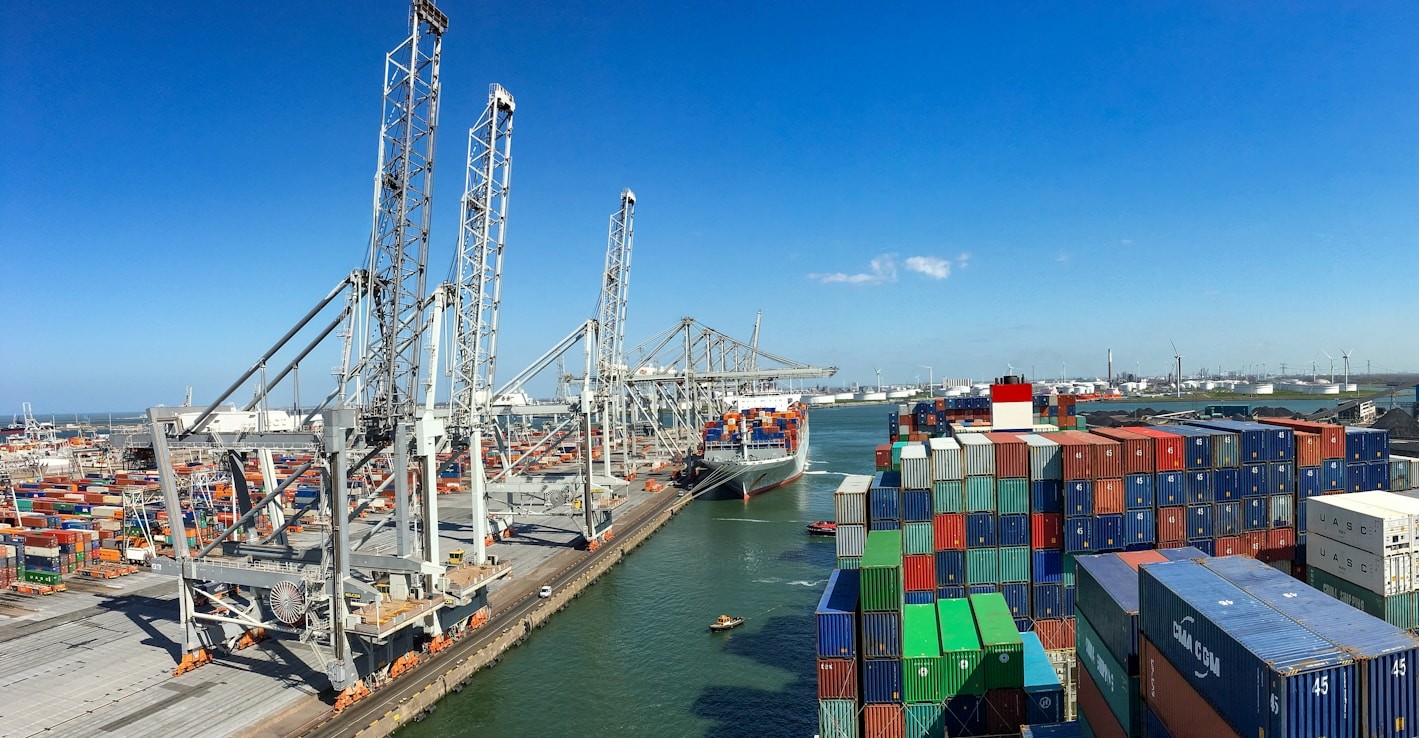Casablanca – After several years of rapid growth, Morocco’s avocado industry is confronting the limits of its expansion. While the 2024/2025 season set a new record for production and exports, the sector is now grappling with falling prices, delayed harvests, and mounting uncertainty about its future direction.
A record year in volume
For the first time in its history, Morocco surpassed 100,000 tons of avocado exports, up from 60,000 tons the previous year. Total production reached 130,000 tons, driven by favorable weather conditions, improved yields, and the ongoing expansion of cultivated areas.
According to the Moroccan Avocado Association (MAVA), the season has been a technical and logistical success. “We experienced good weather, high productivity, and strong demand throughout most of the season,” said the association’s president. These favorable conditions, coupled with significant investment from new stakeholders, have made the avocado one of Morocco’s most dynamic export crops.
This growth fits into the broader trend of Morocco’s fruit and vegetable exports, where the country ranks among the fastest-growing global suppliers, especially in the tomato, citrus, and berry sectors. Morocco’s increasing use of modern agricultural practices and traceability systems has also helped strengthen its position in international markets, including parts of Europe and Southeast Asia.
The flip side: A market saturated
However, the second half of the 2024/2025 campaign revealed growing structural challenges. Since December, Moroccan avocado exports have slowed considerably due to an oversupply on the global market and a sharp decline in international prices. Hoping for a recovery, many producers chose to postpone their harvests. But this strategy has largely failed.
By early 2025, industry sources estimated that up to 50% of the national crop remained unharvested. Even as collection efforts resumed, a significant share of the fruit was still left hanging on trees, particularly in the country’s key avocado-producing areas such as the Gharb region.
The consequences of the delayed harvest are now being felt across the sector. With prices down by an average of 21% compared to the previous season, many producers are finding that current market rates do not cover their production costs. Despite this, they are left with little choice but to proceed with harvesting before the season ends and the fruit deteriorates.
At least 10% of the crop remains on the trees in some areas, simply because harvesting it would not be profitable under current conditions.
Expansion without planning
The difficulties faced this season highlight a deeper issue: rapid growth without adequate market planning. In just one year, Morocco’s avocado production nearly doubled, putting pressure on the capacity of international markets to absorb the surplus.
The recent downturn is a stark contrast to previous years of steady gains and is prompting producers to reconsider their strategies. With operational costs fixed and revenues dropping, some are expected to scale back their activities next season. Others may reduce cultivated areas or shift to other crops altogether.
The mismatch between supply and demand is unlikely to correct itself quickly. Even if global consumption of avocados continues to rise, the pace of Morocco’s production growth has outstripped short-term demand.
Toward a sustainable future
Despite the current challenges, Morocco’s avocado sector retains strong fundamentals: competitive labor costs, a strategic location near key European markets, and increasingly sophisticated farming techniques. However, experts and industry stakeholders agree that moving forward, a shift in approach is essential.
The Moroccan Avocado Association has emphasized the need for structural reforms to ensure the sector’s long-term competitiveness. These include:
- Better planning of production volumes to avoid market gluts
- Diversification of export destinations beyond Europe
- Upgrading product quality to target premium market segments
- Establishing stronger commercial partnerships with international buyers
The 2024/2025 season also saw improvements in quality control and professional practices across the industry, though some issues—such as speculative delays in harvesting—persist. These are expected to diminish as experience increases and the market matures.
While the current crisis has exposed the limits of uncontrolled expansion, it also presents an opportunity to reorient Morocco’s avocado sector toward smarter, more sustainable growth. With global demand for avocados still on the rise, Morocco remains well-positioned to be a long-term player—if it adapts wisely.






